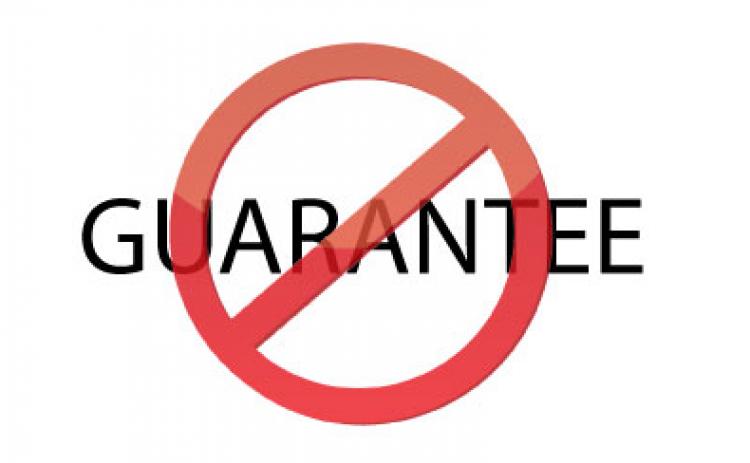I have been enjoying Lilli Blackmore’s posts on her site, the American Spinster. Her most recent post, “Why Having Kids Is Not a Retirement Plan” inspires me to riff on this important topic. Please indulge me.
The Pronatalist Elderhood Assumption
Much of what Lilli Blackmore talks about attempts to debunk what I call the pronatalist Elderhood Assumption in The Baby Matrix. As a childfree woman, she writes about one of the most common things people ask her: “Who is going to take care of you when you’re older?” So many childfree get asked this question. Why? Because they’re operating under this old pronatalist assumption: My children will be there for me when I am old.
As I write in the book:
“In times past, families lived with or near each other. Also in times past, they needed to stick together to survive. However, families in today’s times look very different. Family members often live far apart from each other and have their own lives. The expectation that our children will be there for us remains strong, is even seen as a given, but is it really true today?”
Answer: No. Lilli Blackmore rightly contends three points. Here they are with a bit of my own commentary:
You Don’t Need Kids to Have Happy Golden Years
Research sure supports this idea. For example, rather than parental history, researcher Pearl Dykstra found that having one’s partner around better predicted life satisfaction in our later years. Other research has identified another factor in happy golden years: net worth. It finds that more than children, having financial stability contributes most to well-being in one’s elder years.
Having Kids Is No Guarantee of Care
Yes, elder parents can’t guarantee that their adult children will have the time or financial means to take on the responsibility of caring for their parents. While many adult children can’t afford it, the truth includes many others who don’t contribute to their parents’ care when they can afford it. Another truth involves housing parents – elder parents can’t guarantee their adult children will have the ability to house them, or that they will even want their parents to live with them. To assume these things reflects a mindset that lives in the past.
Kids Are Not Responsible End-of-Life Planning
Lilli Blackmore writes, “Having children so you don’t have to make provisions for your own future is lazy and selfish.” Why can it be considered lazy? Because end-of-life-planning takes effort, and ideally effort that starts long before those years arrive. It takes looking at our later years squarely in the eye. Difficulty in doing this can lead people not to plan prepare for those years. Instead, it can feel easier to lay out the expectation that it’s up to their adult children. Why is this selfish? Simply put, when adult parents expect their children to be there for them when they are old, who are they thinking of first? Themselves.
What You Should Do Instead
I advocate adopting this post-pronatal mindset: Finding my elderhood support structure is my responsibility. This mindset turns the expectations away from others and onto ourselves. It places value on developing one’s support structure, and does not assume it will be there through blood relatives. And within that support structure, it puts on the onus on us to figure out and manifest what we want fulfilling elder years to look like. This mindset puts a priority on having a vision for our later years and taking responsibility for making it happen. This vision includes thinking about the financial realities of our later years long before those years arrive, setting savings goals and sticking to them, and making the development of an elderhood support structure a serious priority.
This does not rule out help from adult children – they can be there for their parents in their later years, to be sure, but by taking this post pro-natalist stance, their support can become a welcome addition, rather than an unrealistic expectation that may or may not actually happen.
I discuss this topic and more in The Baby Matrix!






